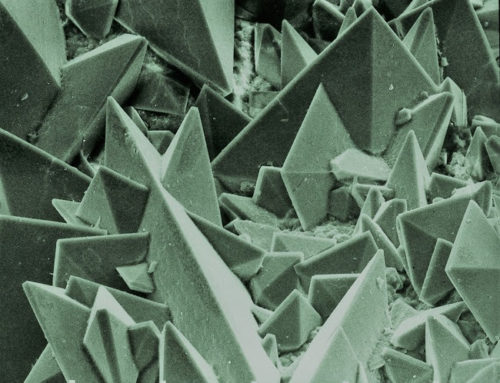Without realizing it, we do things that harm our health every day. Here are some of the top five things:
1. Too Little Sleep
The more I talk to patients the more I see that they (we) are short-cutting our sleep in order to meet the demands of our days. We “finish” up with work at night, catch up on movies, books, and conversations. Sleep needs to be a priority, as much as eating vegetables or getting exercise. It is the time when you recover, heal, and integrate all that you have done in the previous day mentally and physically. This is the most important thing we can do for our health is let our body rest. Sleep debt causes issues in many areas of our lives. Transportation statistics reveal that accidents that happen between 12 midnight and 7 am are related to sleepless drivers. Another spike in sleep related driving accidents occur in the late afternoon between 2-5 pm when a sleepless driver will be more likely to doze at the wheel.
If you struggle with insomnia, talk to your doctor and get to the root of it. The many causes of insomnia include: hormone imbalances, over excitation in the brain from an imbalance of neuro chemicals, nutrient deficiencies, thyroid and adrenal dysfunction, need for detoxification, blood sugar imbalances, protein deficiency and more. Insomnia can feel like a terminal condition, but it is absolutely not. We at Holistica have many strategies for supporting solid sleep.
2. Dehydration
If you live in Colorado, you are dehydrated. Even if you think you drink tons of water, you most likely still do not drink enough. We can easily fall behind with water consumption and end up dehydrated in the course of a normal day. In fact, I find that if you are not focused on water consumption, you will end up on the side of dehydration. Water comprises 75% of our body’s weight. Dehydration occurs when the amount of water leaving the body (through urination, breath, and sweat) is in excess of the amount of water being taken in. The water loss is constant, and thus, we have to drink a significant amount of water to replace this loss. Add more if you exercise. A good measure is 1 ounce of water for every kilogram of weight (divide your weight in pounds by 2.2 to calculate how many kilograms you weigh). So if you weigh 140 pounds, you need roughly 70 ounces of water, more if you exercise.
3. Too Few Vegetables and Fruits
The more blogs I write, the more the bottom line for good health always has some relationship to the intake of fruits and vegetables. The antioxidants and plant chemicals that are in all fruits and vegetables support detoxification, prevention of chronic disease, healthy digestion, cellular aging, cancer prevention, strong muscles, bones, connective tissue and more. Picking foods from every spectrum of the rainbow – blackberries, purple kale, red raspberries, pumpkin, yellow peppers, green kale, apples, melon and more – is the best decision we can make for our daily diets. The nutrients in raw/fresh fruits and veggies can take the place of nutrients that come from a pill or bottle and, in fact, are preferable. The goal is 5-7 servings of fruits and veggies per day. I know you have all heard of this before. It is nothing profound or new, except that FOOD FIRST is the best way to approach your health. Don’t take a handful of supplements in lieu of a good diet. Food comes first and then supplements for your particular health issues and goals.
4. Inflammatory foods
Inflammation is at the root of many acute and chronic ailments: joint pain, fatigue, malabsorption of nutrients, skin disorders, and more. An anti-inflammatory diet can change all of these and can be a turning point in someone’s health. Foods that are inflammatory include: red meat, sugar, dairy, wheat, grains, and unhealthy fats. Avoiding these foods in your diet means that your diet primarily composed of vegetables (mainly green, orange, red, and purple varieties), good fats (all nuts, olives, olive oil, coconut oil, hemp oil, avocado), and lean sources of protein (eggs, chicken, turkey and fish). Avoid foods that come in a package. Avoid foods that are fried or that have a long list of ingredients in them.
5. Toxic exposures
We are bombarded daily by toxins in our environment and are often not aware of these exposures. Some of the toxicity we do to ourselves (perfumes, non-organic foods, use of pesticides or bug control in our homes, solvent-based carpet cleaners), and some of our exposures actually happened while in the womb (e.g. DDT, PCB, and more)! We need to take steps for avoidance of these chemicals in all aspects of our lives as the toxic burden for all of us is increasing. Toxic burden is the amount of chemicals we have stored in our fatty tissues and bones and combined with nutrient deficiencies, genetic predispositions to disease and stress that lead to disease presentation. These chemicals will stay there until we coax them out with specific detoxification activities (more on that in future blogs). The most important thing for all of us is avoidance of chemicals. See the Environmental Working Group’s website for their check lists of ways to avoid exposure in your home, office, and schools.



